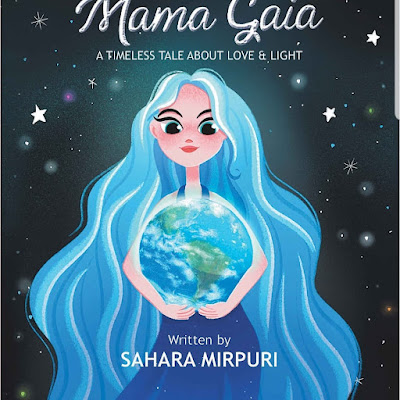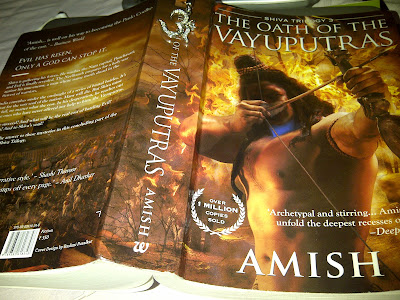Just finished reading 500 pages narrative story spanning
over more than 100 years during 18th and 19th century of
an intelligent, single, plain-faced woman who spends her lifetime understanding
the creation of mankind through study of botany, mainly Mosses.
The book is divided into five parts.
The first part of the book takes us through the adventures
of Henry Whittaker, a plant thief whose boyhood punishment is to send him off
to far off place in a madcap voyage of Captain Cook. He returns to make a
successful career importing exotic plants to America.
The interest is aroused from first few pages itself. Alma
Whittaker is born in rich family to an intelligent mother whose first prayer on
seeing her child is that “she grow up to
be healthy and sensible and intelligent, and would never form associations with
overly powdered girls, or laugh at vulgar stories, or sit at gambling tables
with careless men, or read French novels, or behave in a manner suited only to
savage Indian, or in any way, whatsoever become the worst sort of discredit to
a good family.”
The prayers are answered.
Alma is the person; we begin to love as the story unfolds. During
her childhood, she is tireless, uncomplaining and curious to understand the ways
of the world. “she made a habit of chasing down information to its last hiding place,
as though the fate of nations were at stake in every instance” Not only did
she have clever parents but she also had the entire estate of White acres and
the proper resources to explore at her will that helps sharpen her vision
towards mysteries of life. Her father advises her to always be self-sufficient
and to always have one final bribe. “You
must always carry enough gold on you to buy back your life in case of
kidnapping. Sew it into your hems, if you must, but never be without money.”
At 16, she chances upon a book ‘With A Grain Of Salt’ that makes her mild jolt wildly. She makes
frequent visits to the binding closet to fulfill her sexual longings. The
repeated details of her visits to blinding closet and her acts of masturbation are unnecessary and just lengthen
the story.
She is over-shadowed by the beauty of her adopted sister
Prudence, who marries their tutor, Arthur Dixon and her best friend Retta Snow
marries George Hawke, the person whom she secretly loved. What I fail to
understand is why she cannot find a husband to love her? What has physical
looks to do with love? Disappointed, she says “Let us be honest with ourselves. Who will ever put a ring on these
fishwife’s hands of mine? Who will ever kiss this encyclopedia of a head?”
Though this novel veers into far-fetched, even stranger
territory in its second half, we continue to root for our heroine. Alma marries
Ambrose Pike, a younger man, an eccentric orchid illustrator. He tells her of
the work of Jacob Boehme, "a
sixteenth century cobbler from Germany who had mystical visions about
plants...who believed in 'the signature of all things'...namely that God had
hidden clues for humanity's betterment inside the design of every flower, leaf,
fruit, and tree on earth."
Sadly, the sex-less marriage fails and she send him off to
Tahiti to her father’s Vanilla plantation to save her from embarrassment. When
he dies under mysterious circumstance, she follows his footsteps to uncover the
truth about Ambroise rejection of her. In Tahila, she lives a simple life with
just one goal to finding the truth.
Eventually Alma finds her way to Amsterdam, where she
rekindles her relationship with her mother’s Dutch family and becomes the
master of mosses at the Botanical Gardens.
Elizabeth Gilbert has done a lot of research, her facts on
voyages of Captain Cook, on biology of Mosses and the demography of 19th
century is visually elaborated.
The narration is interesting although most of the other
characters are weird with strange habits and even stranger names. We have
Arthur Dixon, who “gave every inclination
of being a man, who had been born sitting up, wearing tight-fitting waistcoat
and wool breeches, holding a dense book, and sighing unhappily. If he had urges,
where and where did he release them?”
We have Prudence, who lives in utter penury, we have fluttering Retta
snow, Reverend Welles of unplumbed depths, Tomorrow Morning, the hero of the
natives of Tahiti, etc
Nevertheless, the tale is riveting making the book
unputdownable and when you reach to the last page of the book, you want to read
some more…
Just one reading is not enough, I am going to read it again







